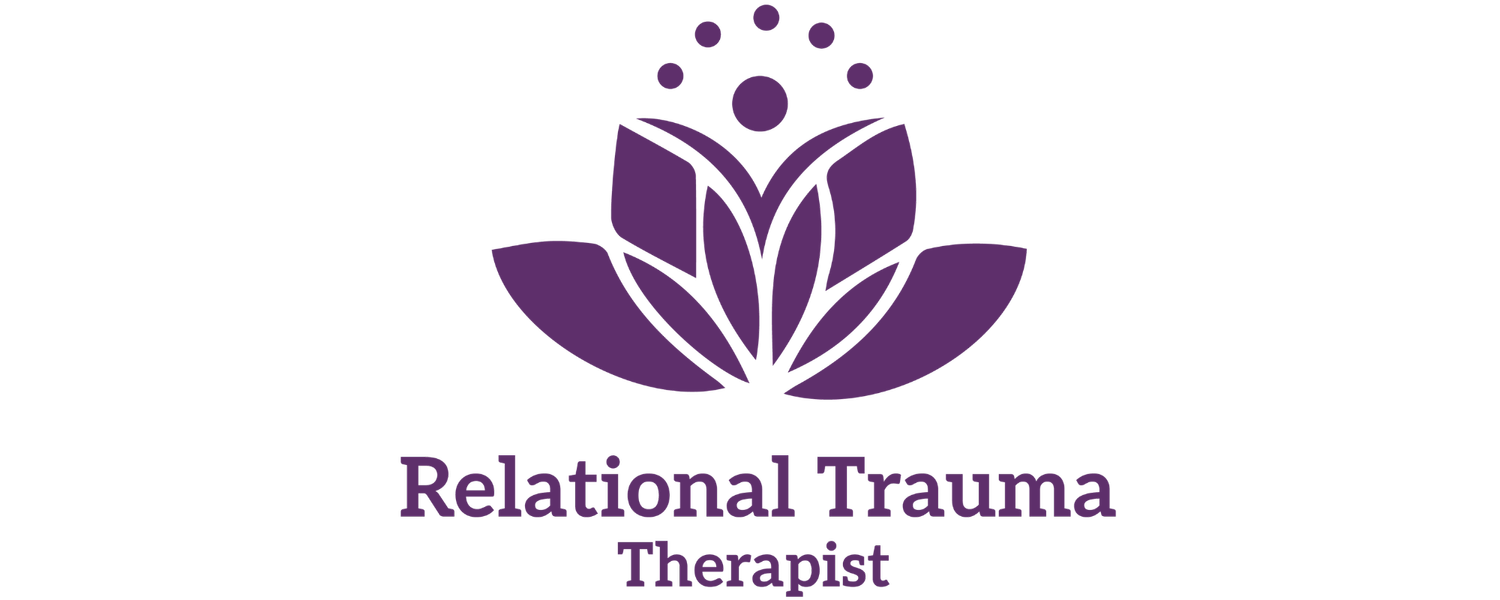How Therapy for Generational Trauma Helps Restore Emotional Safety
Generational trauma is often described as the emotional wounds passed down through families. It can shape how people think, behave, and relate to one another, even if they have never experienced the original traumatic event themselves. Many carry stress, shame, or fear without realizing these feelings are linked to their family’s past. This is where therapy for generational trauma becomes powerful.
By creating a safe space, therapy helps individuals understand their inherited pain, work through it, and begin building resilience. It not only brings healing for the individual but also reshapes family dynamics, giving future generations the chance to grow up in environments filled with compassion and emotional safety.
What Is Generational Trauma?
Generational trauma, sometimes called transgenerational trauma, refers to the emotional scars passed down from parents, grandparents, or even further back. It often stems from a traumatic event such as war, racism, poverty, abuse, or forced migration. These painful experiences leave lasting marks on emotions and behaviors.
Children of survivors may notice that their families avoid talking about painful topics, struggle with secure attachments, or repeat unhealthy coping mechanisms. For example, a parent who grew up in an unsafe home may carry fear into adulthood, affecting how they show love or discipline. These patterns can create dysfunction in relationships, leading to anxiety, depression, or shame in the next generation.
Over time, these patterns can feel normal to families because they have been passed down for so long. A child who grows up in a household where emotions are rarely expressed may carry this silence into their own adult relationships. Another person raised by parents who coped with pain through anger might unconsciously repeat this behavior with their children.
Why Therapy Matters for Generational Trauma
Without support, generational trauma continues to ripple forward, affecting mental health and relationships. Therapy provides a safe, nonjudgmental space to face these wounds and work through them.
Different approaches to therapy help in unique ways:
Counseling and talk therapy: These sessions focus on emotions, coping mechanisms, and narratives that shape behavior. Clients can slowly piece together how their current struggles connect to earlier family experiences.
Family therapy: Brings multiple family members together to examine patterns, practice active listening, and improve communication. This shared healing can strengthen relationships that were once marked by silence or conflict.
EMDR therapy (Eye Movement Desensitization and Reprocessing): A method using bilateral stimulation to process traumatic memories and reduce distress tied to them. For people with PTSD or C-PTSD, this can be life-changing.
Therapy helps clients build resilience by teaching emotional regulation skills. Instead of reacting from fear or anger, individuals learn to pause, reflect, and respond with awareness. Over time, this creates a stronger foundation for mental wellness.
These approaches don’t erase traumatic experiences, but they help people change their relationship with them. By learning self-forgiveness, finding new coping mechanisms, and recognizing inherited narratives, individuals begin to reclaim their sense of safety.
Building on this, research shows that parental PTSD significantly affects children’s well-being. A meta-analysis covering more than 14,000 parents and offspring found that children of parents with PTSD are more easily distressed at a younger age and face greater psychosocial difficulties later compared to children of parents without PTSD. These findings highlight why therapy that focuses on emotional regulation and family relationships is so critical for breaking cycles of generational trauma.
This evidence reinforces the idea that healing inherited wounds is not only about personal growth; it’s also about creating a safe, supportive environment where emotional security can thrive.
Restoring Emotional Safety
One of the biggest impacts of generational trauma is the lack of emotional safety. Many families avoid discussing painful experiences, leaving children to sense the tension without understanding it. This silence often breeds shame and disconnection.
Therapy helps restore emotional safety by creating a space where people feel seen and heard without judgment. Therapists model compassion and active listening, which allows clients to internalize new, healthier ways of relating to themselves and others.
For example, someone may discover that their parents’ strict behavior came from unhealed childhood trauma. Realizing this helps shift the narrative from anger to understanding, making forgiveness and compassion possible. This doesn’t excuse the pain caused, but it offers a perspective that reduces fear and shame.
Emotional safety also allows people to share feelings they may have hidden for years, like grief, guilt, or fear. Speaking these emotions aloud in therapy reduces their weight. Over time, the ability to openly express emotions strengthens confidence and creates more secure attachments with others.
When people feel emotionally safe, they are more willing to explore their wounds and build resilience. This safety strengthens relationships, fosters compassion, and encourages healthier family dynamics.
Approaches That Support Healing
Therapy for generational trauma can include several effective practices, each offering unique ways to heal emotional scars:
EMDR Therapy: Helps reprocess traumatic memories, reducing the intensity of emotions like fear and shame. It’s especially effective for PTSD, c-ptsd, anxiety, and depression. Many clients describe feeling lighter and more grounded after EMDR sessions because the memory no longer triggers the same overwhelming emotions.
Family Therapy: Encourages open dialogue, reduces dysfunction, and helps family members recognize patterns of silence or avoidance. This approach gives families the chance to rewrite old narratives and create new traditions built on honesty and compassion.
Mindfulness Practices: Teach people to stay present, easing stress and improving emotional regulation. By practicing breathing exercises or meditation, clients learn how to calm their nervous system during moments of fear or anger.
Journaling and Narrative Work: Writing helps individuals see their stories clearly. Reframing those stories from ones of shame into stories of perseverance allows people to reclaim agency over their healing.
Compassion and Forgiveness Exercises: These practices encourage self-forgiveness while reducing anger and resentment toward family members. Forgiveness does not mean forgetting, but it releases the emotional hold that past events carry.
By combining approaches such as EMDR therapy for reprocessing memories with mindfulness for daily stress, therapists create a comprehensive path for healing. This variety ensures that people have multiple tools for coping with emotions, stress, and pain.
Healing for Future Generations
Perhaps the most powerful effect of therapy for generational trauma is how it shapes the future. Healing doesn’t stop with one individual; it influences family systems and future generations.
Parents who learn emotional regulation, compassion, and forgiveness naturally pass these skills to their children. Instead of absorbing silence, fear, or dysfunction, children experience secure attachments and healthier coping mechanisms. Over time, this helps break cycles of dysfunction that may have existed for decades.
For BIPOC families, where collective trauma from systemic oppression often adds to generational wounds, therapy is also an act of resilience. It provides tools to handle the stress of discrimination and creates narratives of strength rather than shame. Communities that once carried pain can instead pass down stories of perseverance and survival.
Breaking the cycle of trauma means one person’s healing can change the course of an entire family. The courage to face inherited pain allows future generations to grow up with resilience, compassion, and emotional safety. Therapy becomes not just a personal choice, but a gift to children and grandchildren.
Breaking the Cycle
Generational trauma can feel like an invisible chain linking families to past pain, fear, and dysfunction. But therapy provides a path to break free. Through approaches like EMDR therapy, family therapy, mindfulness, and compassionate forgiveness, individuals can process traumatic experiences and restore emotional safety.
Healing these inherited wounds not only improves mental health today but also creates healthier patterns for future generations. Each step toward resilience, self-forgiveness, and compassion helps rewrite painful family narratives into stories of perseverance and strength. Therapy becomes a bridge between past pain and future hope.
Take the Next Step
If you’re ready to begin your own journey of healing, we invite you to explore the resources and therapeutic support offered at The Relational Trauma Therapist. Whether through individual counseling, family therapy, or EMDR therapy, our focus is on helping you restore emotional safety, build resilience, and create lasting change for yourself and future generations.
FAQs
1. How do I know if I’m experiencing generational trauma?
If you notice patterns of fear, shame, or dysfunction in your family that don’t seem connected to your own experiences, generational trauma may be a factor. Therapy can help uncover these connections.
2. Is EMDR therapy effective for generational trauma?
Yes. EMDR therapy helps reprocess painful memories stored in the brain and is highly effective for traumatic experiences tied to family history.
3. Can family therapy help break unhealthy cycles?
Absolutely. Family therapy encourages open communication, reduces silence around painful topics, and helps families build healthier relationships.
4. How does emotional safety support healing?
When individuals feel safe to express emotions without fear of judgment, they are more likely to face wounds, practice forgiveness, and build resilience.
5. Can healing generational trauma help future generations?
Yes. Breaking cycles of trauma means children grow up with healthier coping mechanisms, compassion, and secure attachments, creating a stronger foundation for mental wellness.


